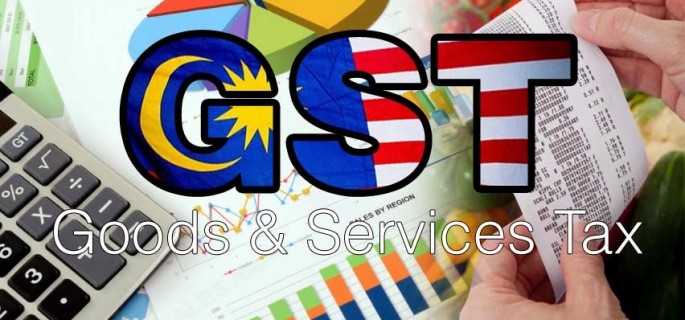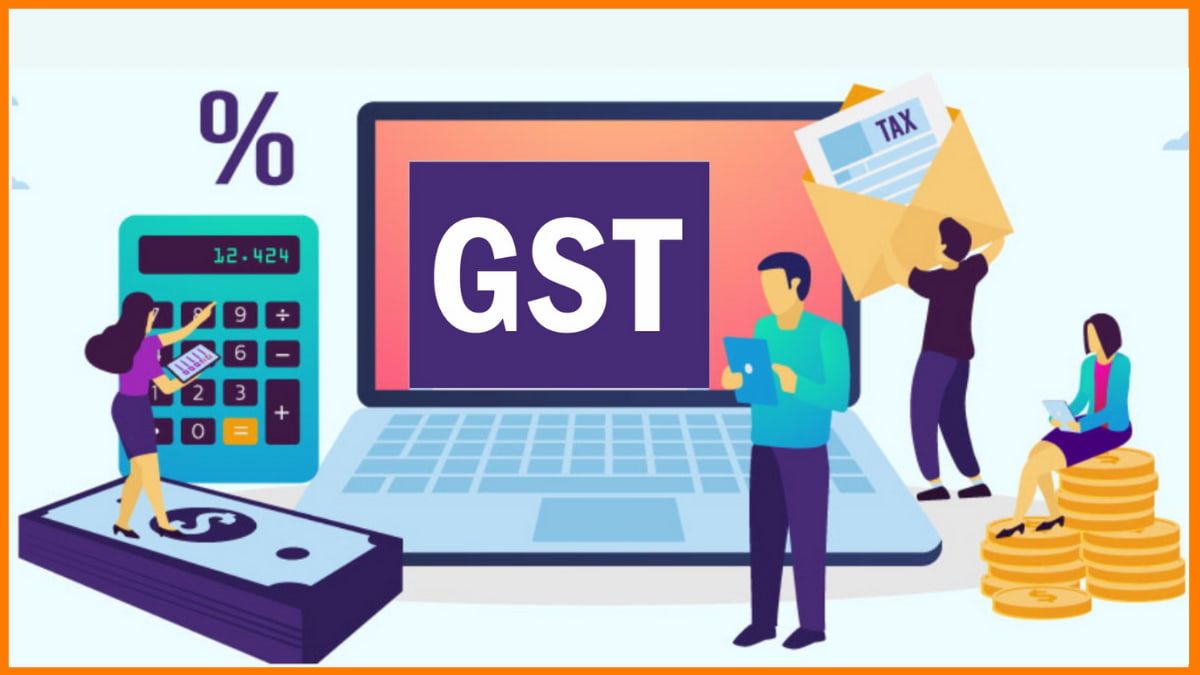Top Rated Best GST Registration Services in Singapore for 2024
Top Rated Best GST Registration Services in Singapore for 2024
Blog Article
From Beginning To End: The Ultimate Roadmap to GST Enrollment for Organizations Looking For Financial Security
Navigating the complexities of Product and Provider Tax Obligation (GST) registration is a vital step for businesses pursuing economic security. From comprehending the basic principles of GST to conforming with post-registration standards, the process can appear discouraging at very first look. Nonetheless, damaging down the roadmap right into convenient actions can streamline the registration journey for businesses looking to boost their financial standing. Let's check out the crucial components that make up this supreme roadmap and find exactly how each phase contributes to laying a strong structure for economic success.
Understanding GST Basics
Diving right into the basic principles of Item and Solutions Tax (GST) is essential for acquiring a comprehensive understanding of its implications on businesses and the economy. GST is a value-added tax levied on many goods and solutions for domestic consumption. It has actually replaced multiple indirect tax obligations that existed in the pre-GST period, enhancing the tax structure and boosting convenience of doing service in India. Under the GST system, both services and goods are exhausted at a particular rate, which is figured out based upon their classification. Businesses are called for to sign up for GST if their annual turn over surpasses the threshold limitation set by the federal government. Input Tax Obligation Credit (ITC) is a substantial attribute of GST, enabling services to declare credit score for tax obligations paid on inputs, minimizing the general tax burden. Comprehending the fundamentals of GST is critical for organizations to abide by tax obligation laws, manage their funds efficiently, and contribute to the nation's economic development by participating in a clear tax obligation system.
Qualification Criteria for Enrollment
As of the current laws, the threshold limitation for GST registration is an annual accumulation turn over of 40 lakhs for organizations running within a state, other than for unique category states where the limitation is 20 lakhs. Furthermore, certain organizations are required to sign up for GST regardless of their turnover, such as interstate vendors, casual taxable persons, and businesses responsible to pay tax obligation under the reverse charge mechanism. It is crucial for services to thoroughly examine their turn over and transaction kinds to determine their GST registration responsibilities accurately.
Papers Needed for Registration
Having actually satisfied the eligibility requirements for GST registration, services need to now ensure they have the requisite files in location to continue with the registration procedure successfully. The documents needed for GST enrollment More Info commonly consist of evidence of company constitution, such as collaboration action, registration certificate, or incorporation certificate for different kinds of organizations. Additionally, services need to offer records developing the principal place of company, such as a rental agreement or power costs.
Step-by-Step Enrollment Process
Beginning the GST registration process entails a collection of organized steps to ensure a seamless and compliant enrollment for companies. The very first step is to visit the GST website and complete the registration type with exact information of business entity. Following this, the applicant gets a Temporary Reference Number (TRN) which is made use of to return to the application process if it's this post not completed in one go.
Next, all needed documents based on the list given by the GST portal need to be posted. These documents commonly consist of proof of company enrollment, identification and address evidence of marketers, economic declarations, and service entity's PAN card.

Post-Registration Compliance Guidelines

Conclusion
Finally, services seeking financial stability should understand the basics of GST, fulfill qualification requirements, gather necessary documents, comply with the detailed enrollment procedure, and abide with post-registration guidelines - Best GST registration services in Singapore. By adhering to these actions, services can make certain conformity with tax policies and keep financial security in the future
Additionally, certain services are called for to register for GST irrespective of their turn over, such as interstate vendors, laid-back taxed individuals, and companies liable to pay tax under the reverse cost system.Having actually satisfied the qualification standards for GST registration, organizations need to now guarantee they have the requisite files in area to proceed with the enrollment procedure effectively. The records needed for GST enrollment normally consist of proof of organization constitution, such as collaboration deed, enrollment certificate, or unification certificate for various types of companies. Furthermore, companies require to supply papers establishing the major place of business, such as a rental arrangement or electrical power bill.Commencing the GST enrollment process involves a series of structured steps to make sure a compliant and smooth registration for organizations.
Report this page